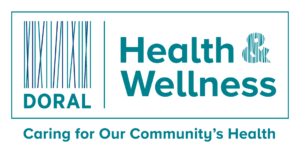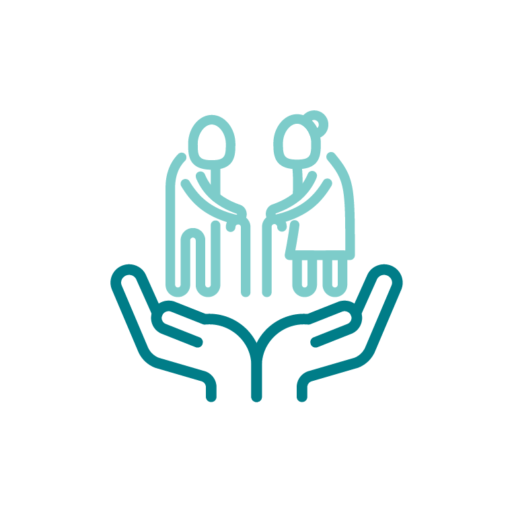Geriatric depression
In the elderly, depression can manifest as a mental and emotional breakdown. It’s common to have periods of melancholy . Nevertheless, persistent sadness is not a natural component of becoming older. Subsyndromal depression is more prevalent among the elderly. Unlike major depression, this form of sadness does not usually match all of the diagnostic criteria. However, it might develop to clinical depression if left untreated. Depression in the elderly can worsen quality of life and increase suicidal ideation. It is essential that Medicaid Homecare are aware on this situation. The Home Care Agency Brooklyn is available at HouseCalls Home Care for proper guidance on these cases.
The causes of elderly depression
Every age group experiences sadness, although the causes vary. The genetic component of the illness has been suggested by various studies. However, many other causes, including biological, social, and psychological ones, contribute to anxiety in elderly people.
The following factors may lead to depression:
- Inheritable depression
- A person’s mental health can be severely impacted by traumatic experiences like abuse or the loss of a loved one.
- Low amounts of serotonin and norepinephrine and other neurotransmitters in the brain.
Depression is a common symptom among the elderly, and it may be exacerbated by the difficulties that come with age. Possible causes of such issues involve:
- Limited movement
- Severe drug addiction
- Accidents of friends and family
- Loneliness
- Facing death
- Moving from employment to retiring
- Personal income
- Widowhood or divorce
- Chronic medical conditions
Signs of Depression in the elderly
People of all ages show the same signs of depression. They could be made up of:
- Grief
- Feelings of insignificance
- Mood changes
- Discomfort
- Bodily uncomfortable feelings and pains
- Tiredness
- Gasping
- Apathy
- Poor attentiveness
- Withdrawal
- Insomnia
- Changes in appetite
- Suicidal
In the elderly, depression is frequently the cause of unexplained physical pain.
Should an older person worry about being depressed?
Untreated depression can have detrimental effects on a person’s emotional and physical wellbeing. Untreated depression can exacerbate a variety of health issues.
If untreated, depression can have a destructive effect on a person’s mental and physical health. Untreated depression can worsen the prognosis of a variety of medical conditions, including heart disease.
In addition to worsening the effects of preexisting conditions including hypertension, heart disease, and diabetes, depression is also common among the elderly.Depressed people have been shown to have four times the risk of dying from a heart attack within a few months.
Suicide anxiety is a common reaction to depression. A higher proportion of elderly persons than younger people take their own lives. If an aged person tries to commit suicide, they have a higher chance of not making it. Thus, individuals and their loved ones should be on the lookout for the common symptoms of depression. illness of the heart
What makes treatment essential?
An increased prevalence of health problems such as hypertension, cardiovascular disease, and diabetes has been associated with an increase in the prevalence of depression in the aged population.
People over the age of 65 have double the national suicide rate. As a result, it’s important for individuals and their loved ones to keep an eye out for the symptoms associated with depression.
What are the signs of depression among the older individuals?
Health care providers are aware that the reduction in functional capacity associated with depression accelerates with age. Negativity, inactivity, bed rest, a heightened sense of helplessness, and increased dependence are all examples of lost functionality.
Symptoms like these are frequently disregarded since they are attributed to natural aging. But these symptoms could be warning indications of something much more serious.
Concerns about one’s physical health (pain, constipation)and emotional well-being are common among the elderly.
Major depression is diagnosed when five or more of the following symptoms persist for at least two weeks.
For a diagnosis of minor depression, you need to have at least five of the following symptoms.
- Bad mood
- Decreased interest
- Less pleasure in activities
- More than 5% of body weight loss or gain.
- Lack of self-worth or improper guilt
- Decreased capacity for concentration
- obsession with dying or killing oneself
- Hypersomnia
- Agitation
- Fatigue
What factors contribute to depression in the elderly?
There are many things that could cause depression in older people, but the most common ones have to do with the changes that come with getting older. The following things, among others, can make it more likely for an older person to get depressed:
- Chronic medical conditions
- Alzheimer’s Disease
- Decreased functional ability
- Cognitive decline
- Social isolation
- Grief from losing family or friends
- Transitioning to assisted living
What are the most effective antidepressants for the geriatric patients?
When it comes to relieving elderly depression, there is no silver bullet. Rather, a wide variety of medications can be employed.
The most effective medications for relieving depression in the elderly are antidepressants.
Common negative reactions to SSRIs include:
- Nausea
- Diarrhea
- Agitation
- Sweating
- Low sodium
- Dry mouth
- Somnolence (sleepiness)
- Insomnia (difficulty falling asleep)
If you want to know more about adult day care services, the professionals at Doral Health and Wellness and HouseCalls Home Care are excellent resources for learning more about adult daycare and how it may affect your aging loved ones health. A person with a chronic illness or a handicap can benefit from better continuity and coordination of treatment by enrolling in a managed long-term care program. Consult your family doctor before beginning any new fitness or activity program. Feel free to contact us on +1 (718) 971-1942 or via email at info@doralhw.org if you have any more questions.





